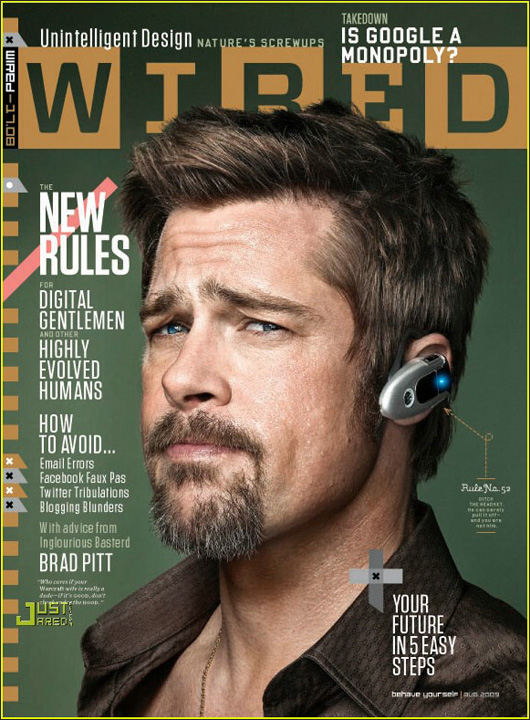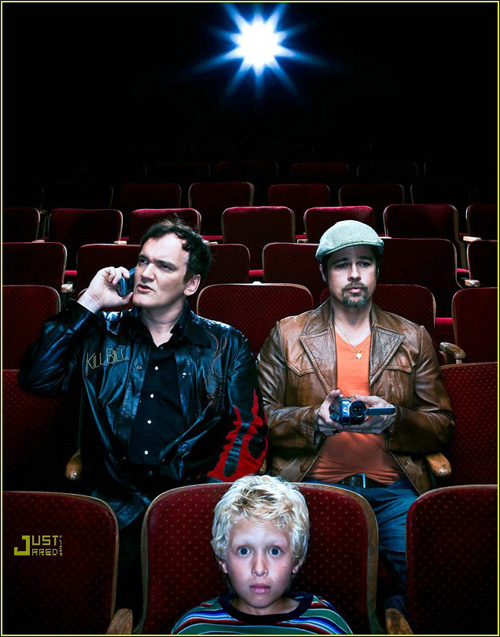




Men's Style and Fashion Trends – Ties
A Few Quick Tips to Assist Men in Selecting the Perfect Tie
The necktie is often the most overlooked piece of formal and business wear in the modern era. The eye is instantly drawn to a well-chosen necktie, and it represents not only the personality of the wearer – when paired perfectly and tied correctly it also demonstrates a professional and sharper image.
Quality
The first question a gentleman should ask regarding a few prospective choices in neckties would have to be quality. A good tie is of woven silk, not printed – this mistake is easy enough to make but anyone familiar with quality neckwear can spot the difference easily. Polyester ties should be avoided at all costs, as they do not tie particularly well and also tend to wrinkle easily and permanently. A woven silk tie usually has a distinct and appreciable texture that may or may not change depending on the pattern, a printed silk tie is simply a flat piece of silk that has a colour design seemingly “laid” (printed) on top of it. It will feel flat and smooth, though lower quality printed ties may feel or look a bit grainy. Beware, however, as some woven ties are also smooth to the touch. Ask an associate!
Colour
The next question is colour, and how to co-ordinate the tie appropriately. Generally one looks for the most predominant colour in the tie – this is the base colour. Any other colours in the tie may be regarded as accent colours. A rule of thumb is that the base colour should either match or complement the base colour of the accompanying shirt with accent colours complimenting the colour of the suit, if there is one. Simply put, the base colour – or at least the accent colour – of the necktie should match the base (or accent colour in the case of a vertical stripe or window) of the shirt it is being paired with.
However, it is also important to note that for a more bold and forward look, the accent colour may instead be used to try and match the shirt itself – even the tiniest stripe of colour can be used to pull the entire look back into the shirt. This is a technique often used in many designer advertisements used to create contrast. Creating contrast that simultaneously compliments the shirt and suit pairing is the ultimate goal of any gentleman who is attempting to move beyond "satisfactory" and into the realm of excellence.
Patterns and Designs
The final question when selecting a tie concerns patterning. The primary options given to most consumers in neckties would be solid, striped, paisley, or geometric patterned. Solid coloured ties are the most utilitarian, they are typically conservative (although brighter neons are becoming more popular) and they are excellent for pairing with striped shirts in order to create contrast. The disadvantage of solid coloured ties is that for many, they are very plain and staid.
The most common and popular design would easily be striped ties. Striped ties offer a very obvious advantage – they are often either multi-hued in a single primary colour, or they offer several different accent colours with an array of stripes that allow for versatility when co-ordinating with shirts and suits. Often, striped ties are a safe and striking choice because they not only provide a degree of contrast within the tie itself, but they are useful in pulling the entire ensemble together in a more cohesive fashion.
Paisley ties are also becoming much more popular in recent years after a bout of unpopularity during the '90s, and are now featured heavily in both designer collections and in menswear magazines such as Canada's Harry, by reknowned Canadian menswear mogul Harry Rosen.
Finally, geometrically patterned ties are also quite common if sometimes regarded as dated - they are by nature far more conservative (excepting the obvious and aforementioned neon varieties) and are more commonly associated with more mature gentlemen. This distinction had also previously been given to paisley patterned ties as well, however in recent years the paisley patterning has seen a remarkable return to high-end style and popularity.
Final Word
In closing, it must always be remembered that the tie must ultimately suit the gentleman, his wardrobe, and his personality. Colour, pattern, and construction are all equally important in providing neckwear that speaks volumes about the wearer. Consideration of base colours, accent colours, and complimentary hues and shades is an absolute must when deciding on a particular piece. Keep these things in mind, and you will be one step closer to achieving that perfect image!
0 comments:
Post a Comment